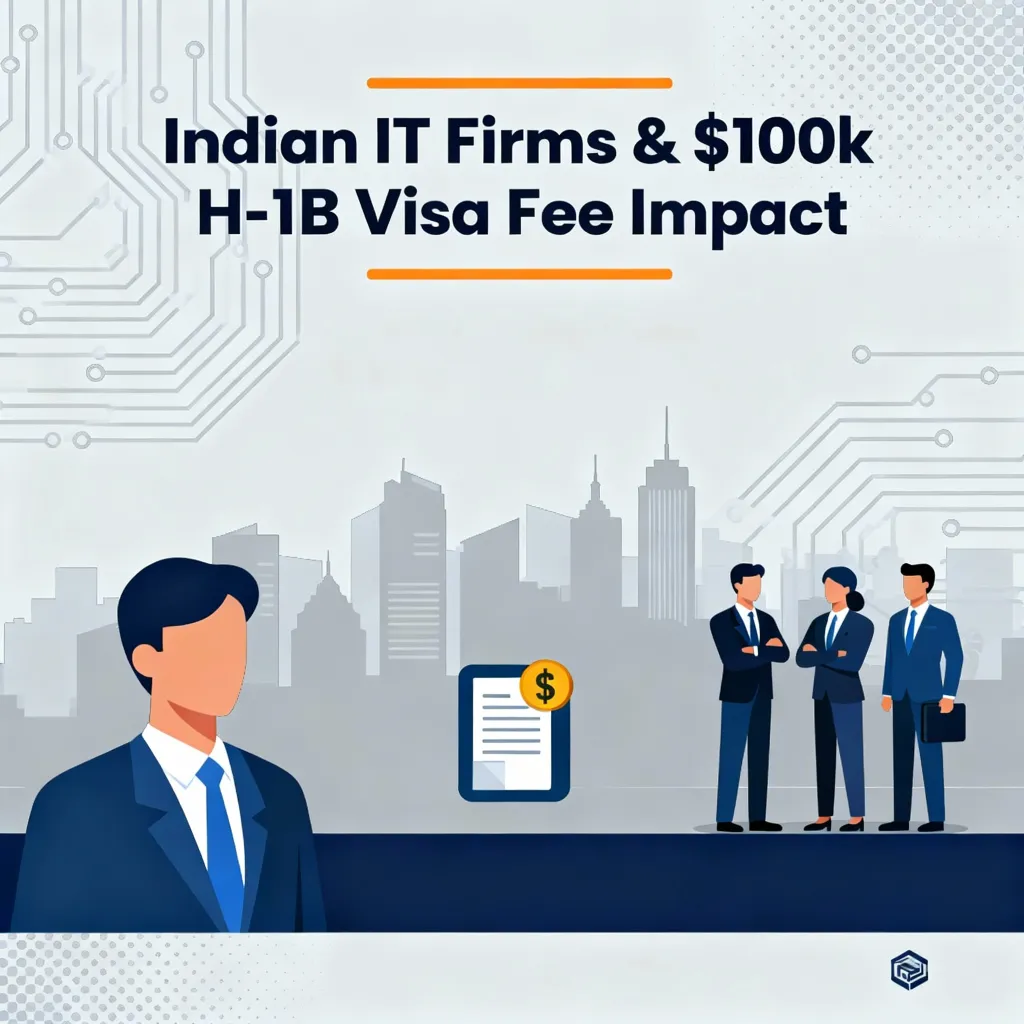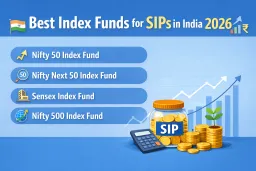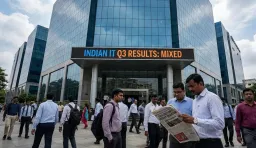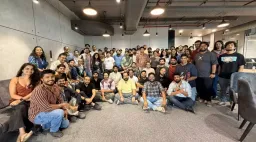Indian IT Sector Faces New $100,000 H-1B Visa Fee, But Impact May Be Limited

The US administration under President Donald Trump has introduced a sharp increase in the fee for new H-1B visa applications, imposing a one-time charge of $100,000 for employers filing new petitions for workers outside the United States. This move has caused widespread concern but, according to industry experts and companies, the impact on Indian IT firms may be more muted than initially feared.
Only a Small Portion of Indian IT Workforce on H-1B
Indian IT companies reportedly have reduced their reliance on H-1B visas over the past decade amid localization drives in the US. Currently, only about 3–5 percent of the US workforce employed by Indian IT firms hold H-1B visas. Motilal Oswal Financial Services (MOFSL) analysts noted that around 20 percent of the employees are onsite in the US, and about 20–30 percent of these onsite employees hold H-1B visas. Consequently, the H-1B holders represent a small fraction of the overall active workforce for these firms.
Given the scale of the fee, estimated to reach $500 million for a company filing 5,000 new H-1B petitions for FY27, Indian IT firms are expected to reconsider their strategies. MOFSL suggests that many may avoid new filings altogether, shifting focus to expanding offshore delivery or increasing local hiring in the US to offset the cost increase.
Companies Reassure Investors
Several Indian IT companies have reassured investors that they do not foresee a significant operational or financial impact from the new fee rule. For example, Persistent Systems, deriving about 80 percent of its revenue from America, stated, "Based on our current assessment, we hereby wish to inform that we do not expect any significant impact of the above Executive Order on our operations or financials." Cyient and Coforge made similar statements highlighting their minimal reliance on new H-1B petitions for staffing and expected limited disruption.
Fee Does Not Apply to Extensions or Status Changes
The United States Citizenship and Immigration Services (USCIS) clarified that the $100,000 fee applies only to new H-1B petitions filed for workers outside the US seeking to enter. It explicitly excludes cases involving "change of status" or "extension of stay" for employers petitioning for beneficiaries already inside the US on valid H-1B visas.
Dan Berger, from immigration law firm Green & Spiegel, explained, "The Proclamation does not apply to any previously issued and currently valid H-1B visas or any petitions submitted prior to 12:01 a.m. Eastern Daylight Time on September 21, 2025." He added, "Employers were nervous about doing change of status because the $100k might apply if they travel," reassuring that the fee exemption mitigates some concerns.
Economic Incentives Still Favor Program Use
Despite the pricey fee, experts believe the program remains economically attractive for firms. Daniel Low, partner at US-based law firm Kotchen & Low LLP, commented, “A one-time $100,000 fee would reduce the incentive to use the program to displace Americans in lower-paying jobs, where the cost savings from the labour arbitrage is less than $100,000. But the arbitrage we've seen in higher-paid roles far exceeds $100,000. So the fee wouldn't be sufficient to eliminate the economic incentive to use the H-1B program to reduce corporate costs.”
Legal Pushback and Industry Reaction
The Biden administration’s policy adjustment has faced pushback from industry groups. The US Chamber of Commerce recently filed a lawsuit challenging the fee hike, labeling it a "misguided policy and plainly unlawful" and cautioning that it could harm US innovation and competitiveness by deterring high-skilled foreign talent.
Conclusion
Indian IT firms are likely to adapt by reducing new H-1B visa filings and prioritizing offshore delivery and local US hiring while continuing to file extensions and status changes exempt from the new fee. Although the fee introduces significant cost considerations, economic incentives and operational adjustments are expected to limit its dramatic impact on Indian IT companies and the broader tech ecosystem.









